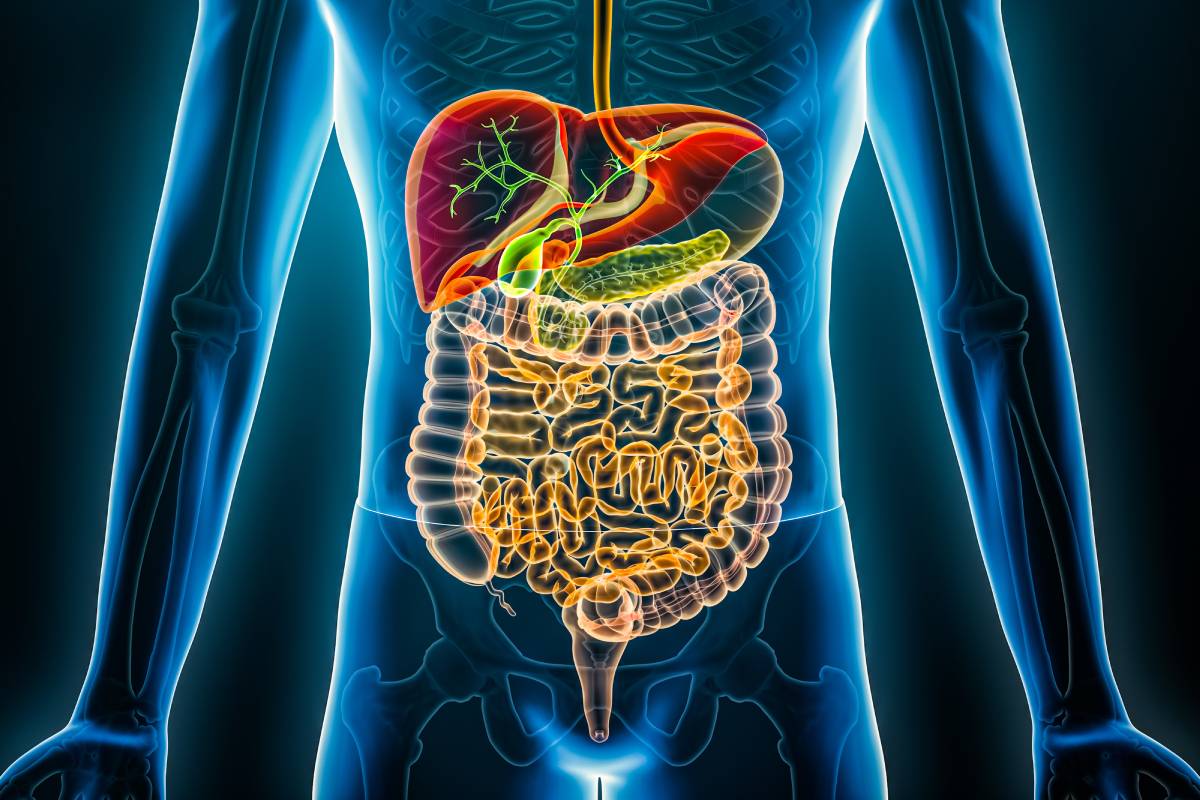Medications that Slow Gastric Emptying
Gastric emptying is a complex physiological process that involves the coordinated movement of ingested food from the stomach to the small intestine, facilitating efficient digestion and nutrient absorption. Numerous factors, such as volume, pH, temperature, and medications, influence the rate of gastric emptying. Medications that slow gastric emptying can alter the rate of orally absorbed drugs and may increase the volume of gastric contents which can lead to significant nausea and vomiting [1,2]. This in turn can increase the risk of pulmonary aspiration, a serious complication in vulnerable patient populations [1,4]. Notably, opioid analgesics have long been recognized as the most common cause of delayed gastric emptying in the realm of anesthesia. However, it is important to note there are other medications with the potential to slow gastric emptying as well.
Opioid medications, including morphine and codeine, slow gastric emptying by binding to opioid receptors located in the gastrointestinal tract. These medications can impede gastric transit via peripheral or central mechanisms [3]. Following an intramuscular dose of morphine, gastric emptying can be completely inhibited for up to two hours [4]. It is worth noting that drugs necessitating rapid absorption, such as analgesics, antiarrhythmics, and antibiotics, may encounter therapeutic failure when co-administered with opioids. Conversely, drugs with slower absorption profiles tend to be less affected by delayed gastric emptying caused by opioids [4].
Additionally, other medications, such as proton pump inhibitors, anti-Parkinson’s drugs, and GLP-1 receptor agonists commonly used for diabetic patients, have been associated with slow gastric emptying [5]. Furthermore, anticholinergic agents such as atropine and scopolamine can affect gastric motility. These agents’ function by blocking the actions of acetylcholine, a neurotransmitter involved in stimulating gastric motility. Thus, by inhibiting cholinergic receptors in the stomach, they reduce antral contractility and slow gastric emptying [7]. Recent case reports have highlighted diverse causative agents of delayed gastric emptying in patients, emphasizing the importance of identifying the specific drug responsible [6]. In the case of diabetic patients, both diabetes itself and diabetic drugs, particularly GLP-1 agonists, can contribute to gastroparesis through distinct mechanisms [5]. This makes it particularly difficult to distinguish the underlying cause of gastroparesis in these patients.
In conclusion, understanding the multifaceted factors that influence gastric emptying is important, particularly in the perioperative setting where a variety of pharmaceutical agents are administered. Medications that slow gastric emptying, including opioid analgesics and certain other drugs, can have significant implications for drug absorption and patient outcomes. Knowing which drugs slow gastric emptying and implementing appropriate modifications enables healthcare professionals to make informed decisions regarding drug administration and the management of patients who may be at elevated risk for delayed gastric emptying.
References
- D. B. Murphy, J. A. Sutton, L. F. Prescott, M. B. Murphy; Opioid-induced Delay in Gastric Emptying: A Peripheral Mechanism in Humans. Anesthesiology 1997; 87:765–770.
- Nimmo WS: Effect of anaesthesia on gastric motility and emptying. Br J Anaesth 1984; 56:29-36.
- Manara L, Bianchetti A: The central and peripheral influences of opioids on gastrointestinal propulsion. Ann Rev Pharmacol Toxicol 1985; 25:249-73.
- Nimmo, W.S. Gastric emptying and anaesthesia. Can J Anaesth 36 (Suppl 1), S45–S47 (1989).
- Little TJ, Pilichiewicz AN, Russo A, et al. Effects of intravenous glucagon-like peptide-1 on gastric emptying and intragastric distribution in healthy subjects: relationships with postprandial glycemic and insulinemic responses. J Clin Endocrinol Metab. 2006;91(5):1916-1923.
- Kalas MA, Galura GM, McCallum RW. Medication-Induced Gastroparesis: A Case Report. Journal of Investigative Medicine High Impact Case Reports. 2021;9.
- Parkman HP, Trate DM, Knight LC, et al. Cholinergic effects on human gastric motility. Gut 1999;45:346-354.

